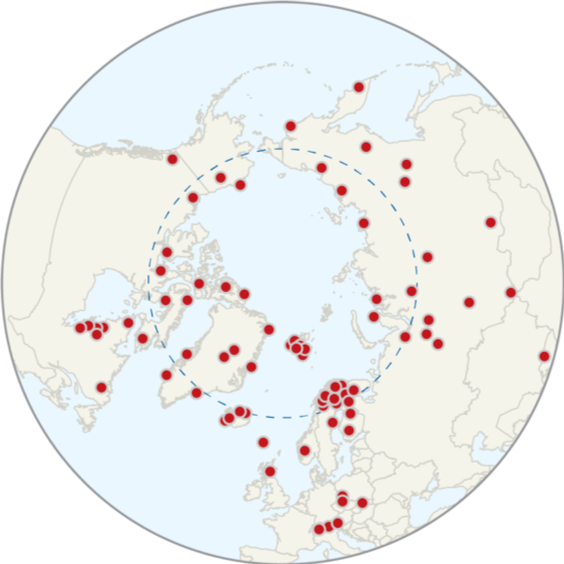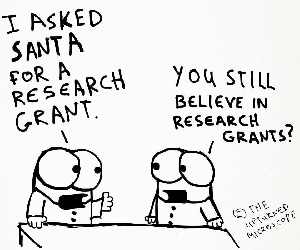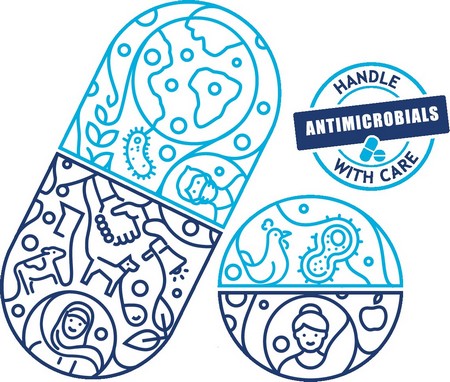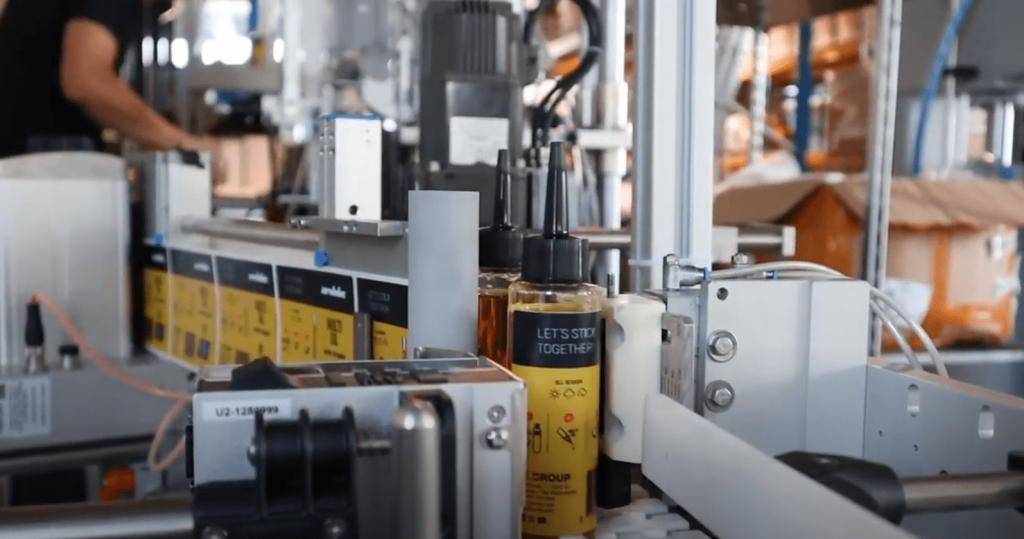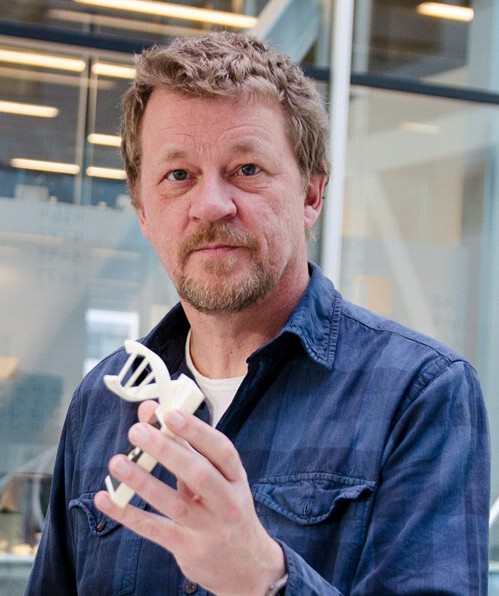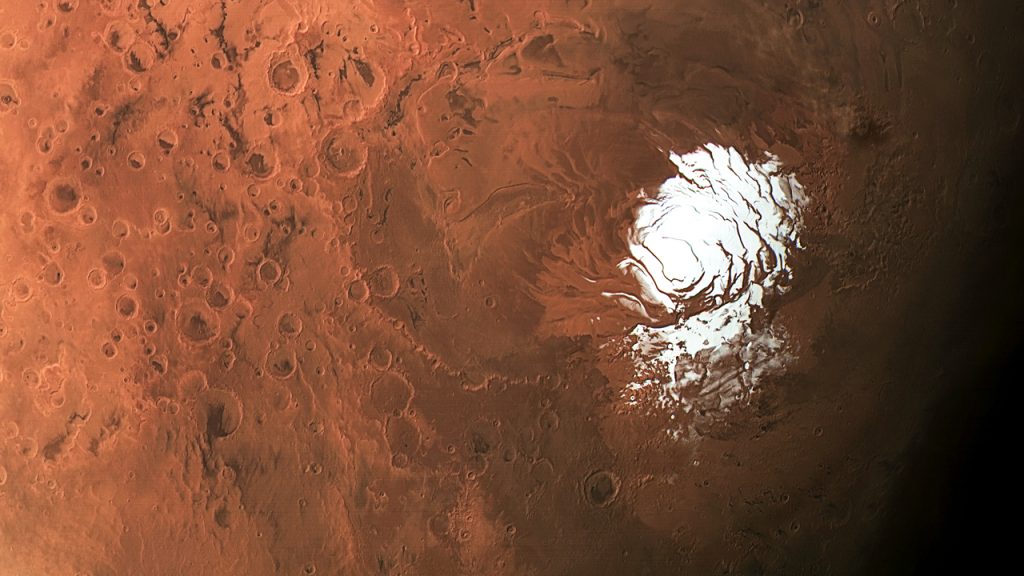
In the summer of 2018, researchers reported that they had found a large underground lake of liquid water using the radar of the Mars Express satellite, which orbits this planet. In the search for (traces of) life on the Red Planet, the discovery of water always causes excitement. I previously wrote about such findings for the Nederlands Dagblad newspaper, at the beginning of 2018 and in 2020 (in Dutch, €).
It now appears that the radar images can also be explained in another way: alternating layers of dust in ice produce a comparably bright image. So there is no lake, but a collection of layers, a bit like a thousand-layer cake. This is also easier to explain than an underground lake with liquid water, which requires special conditions, such as a high concentration of perchloric salts. The new research was published on June 7 in the scientific journal Science.
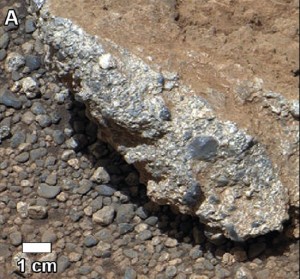
For those who, like me, enjoyed the episode ‘The Waters of Mars’ in the BBC series Dr Who (season 4), it is a bit of a downer. But it is worth emphasizing that examination of the Martian surface has indeed shown evidence that flowing water was once present on the Red Planet, like this pebble bed.
